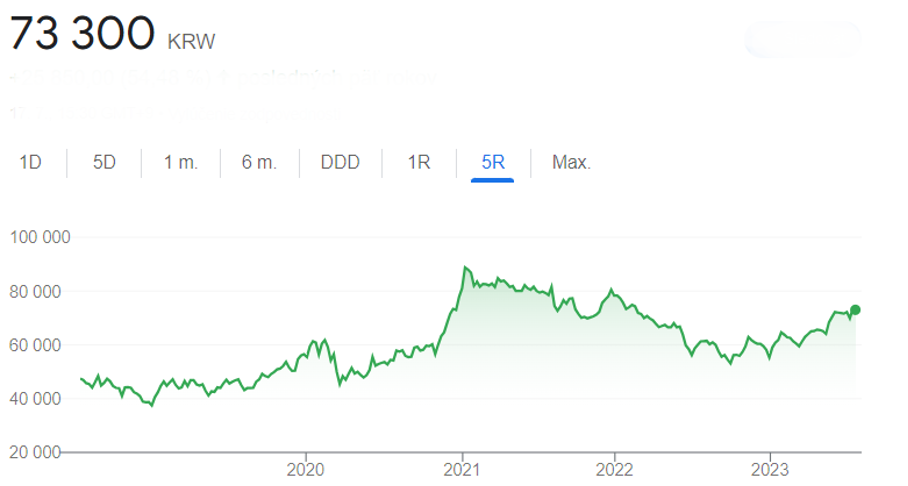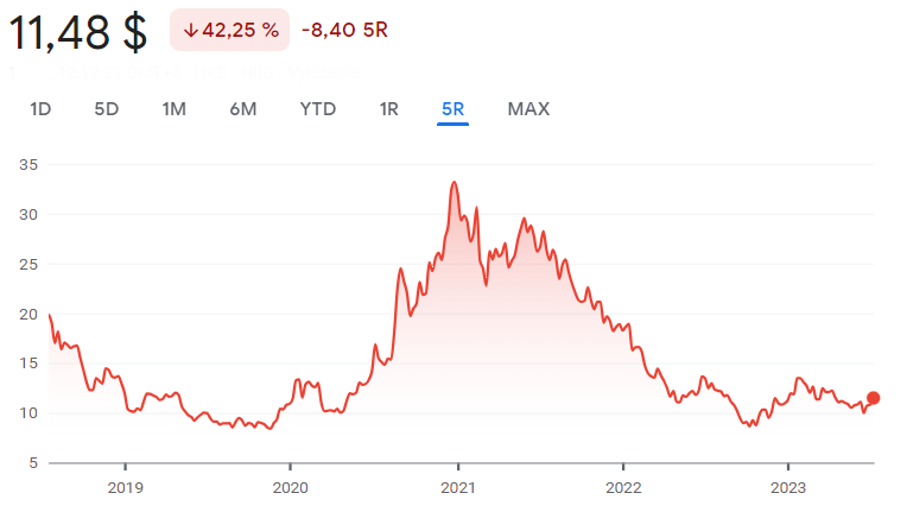Although 44% of smartphone sales in India are online, brick-and-mortar stores still remain an important segment and Xiaomi expects this is where its future growth plan lies. Muralikrishnan B, president of the Indian division, points out that the company's position in the offline sector is much lower than the online sector and hence it wants to focus on that. Only 34% of Xiaomi's Indian device sales this year came from retail stores, with the rest being purchased through websites.
Inspiration from competitors
The Chinese manufacturer wants to take a cue from its competitor, Samsung, which makes up to 57% of its sales in brick-and-mortar stores. Samsung has a 20% share in India, while Xiaomi, with a range of cheaper alternatives, has a 16% share. Xiaomi therefore plans to expand its store network beyond the current 18,000 outlets, triple the number of promoters and offer more of its products, such as TVs and security cameras, among which competition is not as high. It will be a tough task for the company as the federal authorities in India have frozen its bank assets of USD 673 million. Authorities allege that Xiaomi has been making illegal transfers to foreign entities in the name of royalty payments. However, the company denies the allegations and hopes that its position will be heard and acknowledged.
The Indian market as the new bull of world trade
The question before us is to what extent the Indian market is capable of providing global brands with the right space for further expansion. Some analysts argue that it is India, which has favourable prospects and is currently in the position of a bull, that could overtake the US market in the next few decades along with the Chinese market. [1] The Indian market should expect a period of growth, perhaps because it is undervalued in the context of other world powers, and could exceed expectations. [2] It is focusing on areas such as the monetisation and digitalisation of the economy or changing the tax structure. It has the potential to overtake Germany and Japan in the rankings and become the world's third largest economy by the end of the decade. [3] China, on the other hand, while still having fertile ground for the current trends in the expansion of electric vehicles, suffers from the problem of high unemployment of young people in the cities and the growing number of supply chains moving out of the country. It is quite possible that large companies will focus their interest on the Indian market, which has a chance to provide a more favourable environment due to the large number of potential customers.

Xiaomi's stock performance over the past five years (Source: Google) *
Anniversary stock market
A few days ago, Xiaomi celebrated its five-year anniversary of going public. It experienced a golden period in 2020, since then the stock has been on a rather downward trend. This year, the stock value is holding in slightly green numbers * around two percent.
Rival Samsung
Samsung has a significant position in the world as one of the leading smartphone manufacturers. In addition, it has a broad portfolio of areas in which it is expanding its interests. Recently, the news of a 1.2 trillion won (US$921.38 million) collaboration with US pharmaceutical company Pfizer stood out, sealed by two agreements that will run until 2029. Samsung will provide Pfizer with technological expertise to produce cancer, inflammation and immunology support products for Pfizer, and will also build a new plant at the Samsung Biologics complex in South Korea. In addition to this collaboration, Samsung has partnerships with other pharmaceutical companies such as Kinsale, Eli Lilly and GlaxoSmithKline.
With both Xiaomi and Samsung focusing on the possible expansion of their presence in the Indian market, this means good news for consumers in the form of improved brick-and-mortar stores, service innovations and new products, which could reflect positively on the future share value of these companies [1].

Samsung's stock performance over the past five years (Source: Google) *
Olivia Lacen, principal analyst at Wonderinterest Trading Ltd.
* Past performance is no guarantee of future results
[1] Forward-looking statements are based on assumptions and current expectations, which may be inaccurate, or on the current economic environment, which may change. Such statements are not guarantees of future results. They involve risks and other uncertainties that are difficult to predict. Results may differ materially from those expressed or implied by any forward-looking statements.